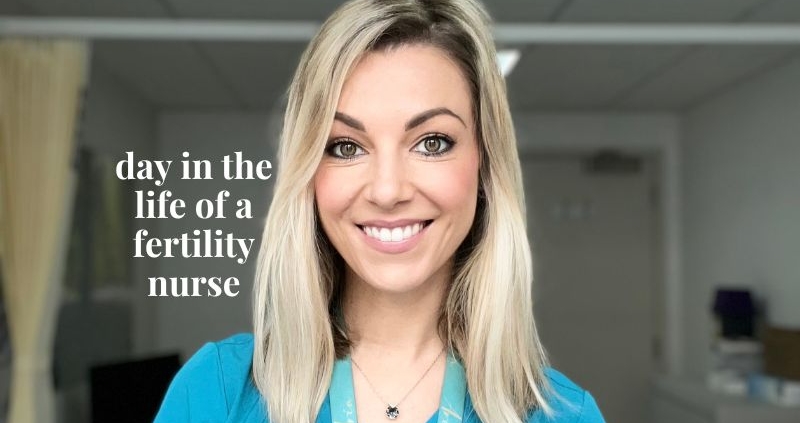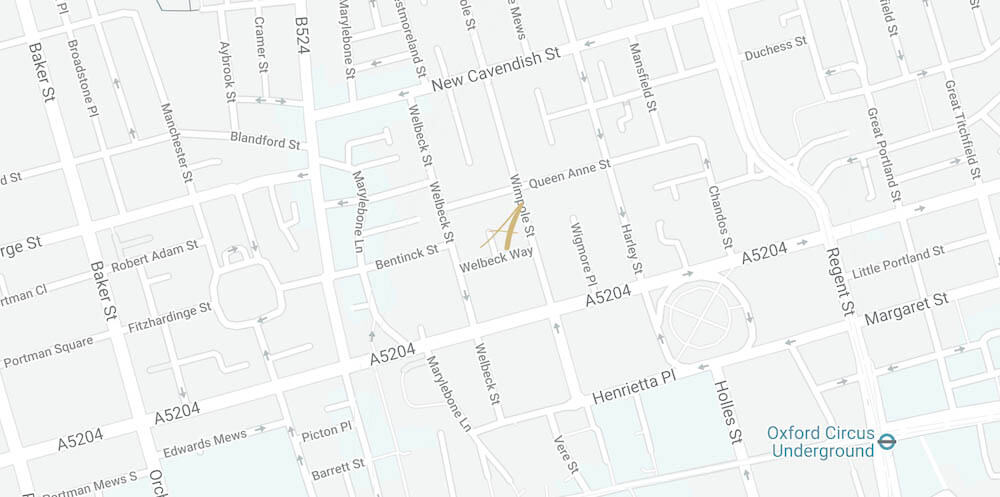Day in the life of a Fertility Nurse
In celebration of International Nurses Day, Maddy, who is egg donation coordinator at Aria, explains what drew her to working in fertility and the satisfaction she gets from being a fertility nurse.
What’s your favourite part about being a fertility nurse?
“The great thing about being a fertility nurse is the diversity of the day-to-day job. You can be down in theatre for the morning doing egg collections or looking after your patients in recovery. In the afternoon, you may be upstairs doing blood tests or scans or doing admin and following up with your patients with phone calls and emails.”
“Our appointments with our patients can cover talking them through their fertility treatment journey and what they can expect, explaining what their scans showed, or teaching them how to take their IVF medication.”
What element of your job do you find most special?
“I am the egg donation coordinator at Aria, which is really, really special. Everything is kept anonymous and takes careful planning to ensure that the donors and recipients are kept separate when they come in for their appointments. But it’s a special moment for both parties, and often the recipients come in with a gift or card for their donors. It’s lovely to see their kind words, and it always reminds me why I am doing this job in the first place.
“We use an external donor organisation that recruits the donors, and then we match them with our patients who may have experienced failed cycle after failed cycle and are unable to use their own eggs.
“I oversee the whole process, so I work with the donor from start to finish, doing their consent forms, blood tests, etc. And then I organise the recipients.”
What makes working in a fertility clinic different to other sectors of nursing?
“The continuity of care and hands-on nature of the role is critical. You see patients throughout an intense journey and are there for their outcomes, whether it’s egg freezing or they are creating embryos. Once they become pregnant, we see them up until 12 weeks before they move to antenatal care with their local hospital or private obstetrician.”
What makes working at Aria Fertility special?
“The team at Aria have all been together since it opened – the doctors, nurses, and the admin team – and we’ve created something unique.
“We are also a small team, so you often look after patients at every stage of their journey. We have a lot of egg-freezing patients at Aria Fertility. The initial step is a consultation with their doctor; then they will have a nursing consultation which I do many of. This will be quite a lengthy appointment as we explain the process thoroughly. You see them for their scans and track their follicle development, and then you often see them on the day of their egg collection.
“Today, we said farewell to one of our egg-freezing patients, who has done a couple of rounds and banked enough eggs. And hopefully, we may see her again in the future!”
What made you specialise in fertility nursing?
“My background is in theatre recovery nursing. I moved here from Australia in 2016 and initially did agency nursing, working at hospitals around London. My recruiter contacted me with a month-long temporary position at a fertility clinic; it’s always lovely to have longer-term positions as an agency nurse, so I immediately said yes. And, from the moment I stepped in the door, it was love at first sight.”
What’s the next stage for you in fertility nursing?
“If any area of nursing needs spotlighting, its fertility nursing. People often think you need lots of experience or training, but you learn on the job, and there’s endless progression.
“I started with zero experience, and five years later, I’m now donation coordinator and furthering my knowledge of scanning. I currently do follicle-tracking scans, and next week I’m doing a scanning training course for two days, so in the future I’ll be able to do pregnancy and diagnostic scans.
“After your initial consultation with our doctors, you’ll have a fertility check, and a diagnostic scan is a cool 3D scan of the uterus to identify any potential issues such as cysts or fibroids. I’m very excited about this next stage!”







